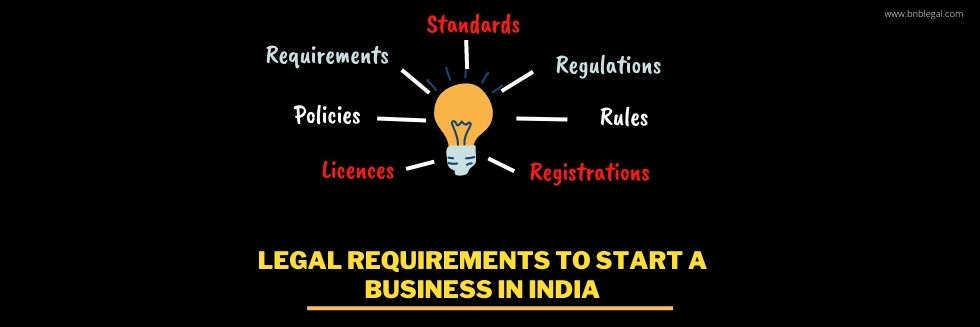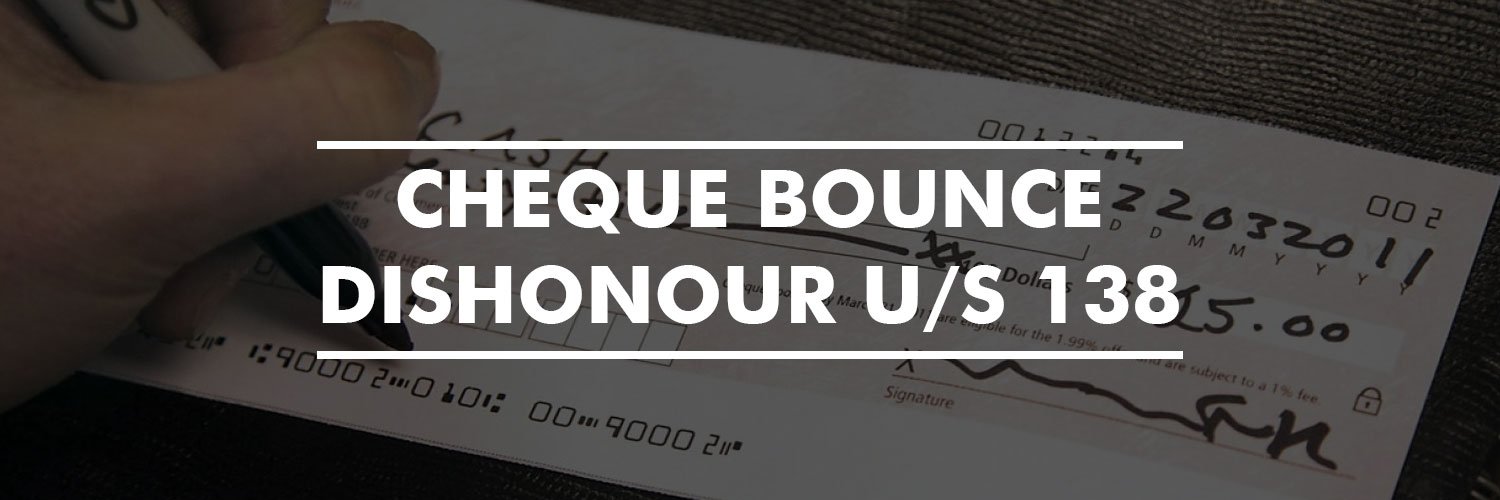A mortgage is a legal agreement according to which an authority lends money at an interest in exchange for taking the title of the debtor’s property, with the condition that the conveyance of title becomes void upon the payment of the debt.
TRANSFER OF PROPERTY ACT
In India, the mortgage of immovable property is dealt with by the Transfer of Property Act. Under Section 58 of the Transfer of Property Act, “Mortgage”, “mortgagor”, “mortgagee”, “mortgage-money” and “mortgage-deed” is defined.
A mortgagor is a person who is the borrower of money and creates a mortgage of his property.
A mortgagee is a person or an institution that lends money.
Mortgage-money is the principal money and interest of which payment is secured for the time.
TYPES OF MORTGAGE IN INDIA
As per section 58, types of mortgages are:
- SIMPLE MORTGAGE: Here, the mortgagor agrees to repay the loan as per the conditions mentioned in the loan agreement and in events of default, gives a right to the mortgagee to see the property. However, the possession of the property remains with the mortgagor.
- MORTGAGE BY CONDITIONAL SALE: In this type, the mortgagor sells the mortgaged property to the mortgagee on the condition that if the payment is made, sale deed would be rendered void and in case of default, the sale shall become absolute.
- USUFRUCTUARY MORTGAGE: In this type, the mortgagor transfers the possession of the mortgaged property to the mortgagee and gives him the right to hold property until the debt is paid.
- ENGLISH MORTGAGE: In this type, the mortgagor agrees to repay the money on a certain date and transfers the property to the mortgagee on the condition that the property will be transferred back to the mortgagor when the amount is re-paid.
- MORTGAGE BY DEPOSIT OF TITLE DEEDS: In this type, mortgagor delivers to the mortgagee the title of the property as a security until the debt is repaid.
- ANOMALOUS MORTGAGE: Any mortgage which does not fall into the above-mentioned categories is known as an anomalous mortgage.
VALIDITY OF PROPERTY MORTGAGE
The property mortgage (except for the mortgage by the deposit of title deeds) is valid only if the mortgage is entered into by way of a registered document which is signed by the mortgagor and attested by two witnesses.
RIGHT OF REDEMPTION
Redemption means the return of property offered as security upon payment of mortgage debt or a charge. Right of Redemption means that the mortgagor has a right against mortgagee to redeem mortgaged-property. Under the Act, as per section 60, at any time after principal money has become due when mortgage-money is paid or tendered at a proper time and place, the mortgagor has following right against mortgagee:
- Delivery of Mortgage-deed
- Delivery of Mortgaged-property.
- Re-transfer of Mortgaged-property
- Extinguishment of Mortgagee’s Interest
RIGHT OF FORECLOSURE
Section 67 of the Transfer of Property Act, 1882 provides for right of foreclosure under which the mortgagee can recover the outstanding debt.
As per section 67,
“…..A suit to obtain a decree that a mortgagor shall be absolutely debarred of his right to redeem the mortgaged property is called a suit for foreclosure.”
The mortgagee has a right to obtain a decree of foreclosure from the Court
- at any time after the mortgage-money has become due to him, and
- before a decree has been made for the redemption of the mortgaged property, or
- the mortgage-money has been paid or deposited.
Further, it should be noted that Mortgagee should not be a mortgagee of public works like a canal, railway, etc. and a trustee or legal representative of mortgagee cannot file a suit for foreclosure but for sale only.
PARTIAL FORECLOSURE
Under Section 67, partial foreclosure is no remedy. As per the section, one of the several mortgagees cannot foreclose or sell in respect of his share unless several mortgagees have, with the consent of the mortgagor, severed their interests under the mortgage.
.









